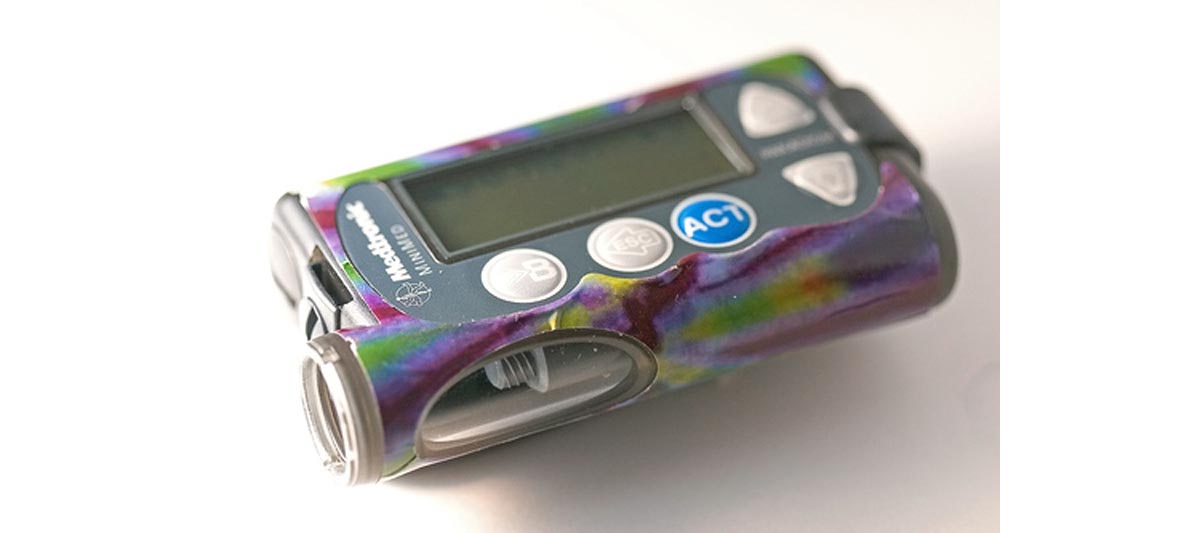Table of Contents
When are insulin pumps appropriate for treating diabetes?
An insulin pump, also known as continuous insulin infusion therapy, can be exactly what insulin-dependent, type 1 diabetics need to keep blood sugar levels under good control. And even some non-insulin dependent, type 2 diabetics also benefit from insulin pump therapy.
When insulin pumps are appropriate for treating diabetes

An insulin pump comes closer to the function of the pancreas in providing a steady stream of insulin needed to keep blood sugars under 24-hour control. Diabetics who overindulge in carbohydrates, of course, still suffer spikes in their blood sugar levels that are only slowly brought down by the insulin pump, and if they go off their diets often enough, even type 1 diabetics can develop a phenomenon known as insulin resistance.
Insulin resistance, a problem for all diabetics
Insulin resistance is more commonly discussed as a cause of type 2 diabetes. When something makes blood sugar levels go too high, usually an infection or toxic exposure, at least at first, fat cells, muscle cells, and the liver turn off insulin receptors to protect themselves from a flood of incoming glucose. Were these cells to absorb a large amount of glucose at a single time, the resulting production of free radicals would damage their DNA.
A functioning pancreas, however, still tries to lower blood sugars, by producing even greater quantities of insulin. Cells become even more insulin resistant, and the pancreas produces even more insulin. Eventually the pancreas cannot produce enough insulin to lower blood sugars and type 2 diabetes results.
Before the onset of type 2 diabetes, however, insulin resistance has another unwanted effect: weight gain. Insulin transports not just glucose but also fatty acids out of the bloodstream. Cells that are non-responsive to insulin as a sugar transporter are very responsive to insulin as a fat transporter. Insulin resistance, however, causes weight gain, not the other way around. Or as some commentators are finally beginning to admit, fat is not the type 2 diabetic's fault.
- Schmid V, Hohberg C, Borchert M, Forst T, Pfützner A. Pilot Study for Assessment of Optimal Frequency for Changing Catheters in Insulin Pump Therapy-Trouble Starts on Day 3. J Diabetes Sci Technol. 2010 Jul 1,4(4):976-982
- Shapira G, Yodfat O, Hacohen A, Feigin P, Rubin R. Bolus Guide: A Novel Insulin Bolus Dosing Decision Support Tool Based on Selection of Carbohydrate Ranges. J Diabetes Sci Technol. 2010 Jul 1,4(4):893-902


Your thoughts on this